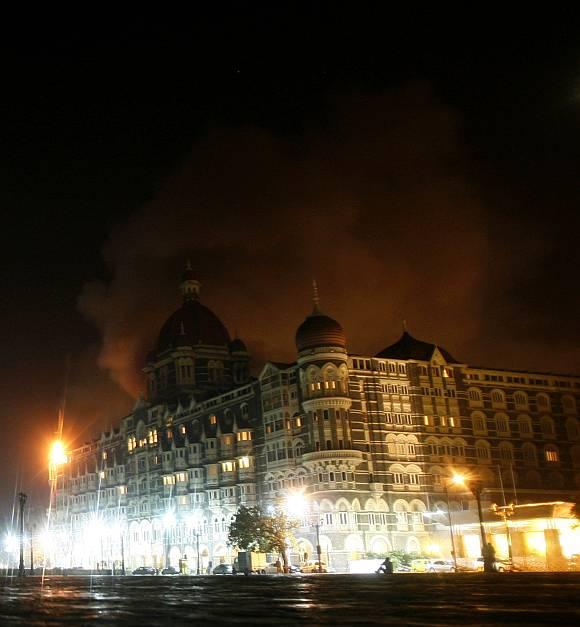
Pakistan's Inter-Services Intelligence was behind the 26/11 attacks as well as the July 2008 bombing of the Indian embassy in Kabul, the BBC said in a damning report on the military-run spy agency that does not function "without the authority" of the Pakistan army chief.
In a new two-part series titled Secret Pakistan on BBC two, Bruce Riedel, the Central Intelligence Agency officer who served as advisor to United States President Barack Obama, said he had informed the then president-elect about 26/11, "Everything pointed back to Pakistan. It was a defining moment.
"I told the President that Pakistan was double-dealing the United States and its allies for years and years, and they were probably going to continue to do so."
Riedel pointed out, "This (the attacks) had the signature of Lashkar-e-Tayiba all over it, from the very moment the attacks began. And once you link it back to LeT, you link it back to the Pakistani intelligence service, the ISI."
...
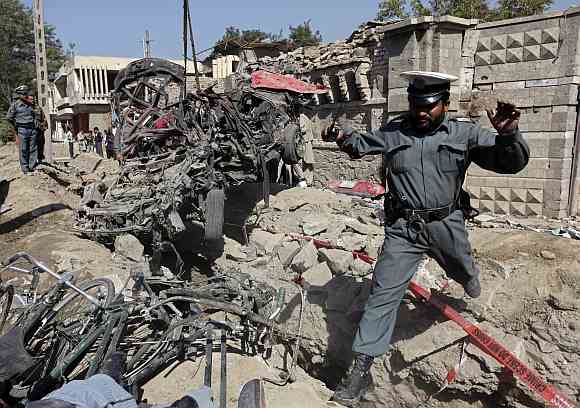
The second part of the programme, aired on Wednesday night also revealed the "The CIA later received intelligence that said the ISI were directly involved in training the Mumbai gunmen."
About the car-laden explosives that went off at the Indian embassy in Kabul that killed 58 people and injured 141, Mike Waltz, who worked in the US vice president's office while George Bush was still president, said, "Through information and a series of events (not to mention preceding intelligence intercepts) it became pretty clear the Pakistanis were behind the (Jalaluddin) Haqqani network, which was behind the bombing."
He then damningly concluded, "The question was how high in the Pakistani state this went. And the answer was pretty high."
Sherard Cowper-Coles, the British ambassador posted in Kabul at the time said, "A small cell (in the ISI) never knowingly exposed to western eyes are in touch with the Haqqani network."
Riedel also dismissed the belief in some quarters that the ISI was a law unto itself.
...
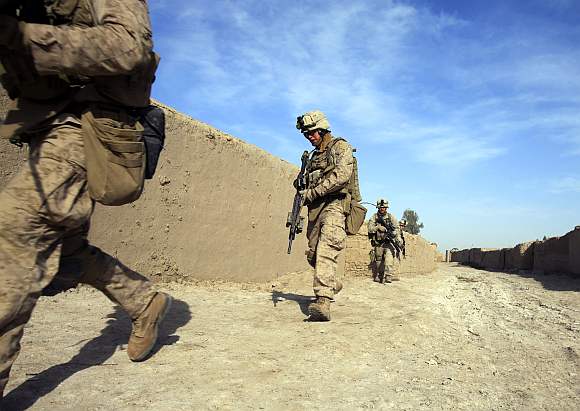
"The ISI is a professional intelligence agency. People don't go about blowing other people's embassies or giving guns and money to terrorists without the authority of the head of the Pakistani army, chief of army staff.
"The notion that the ISI is some kind of a rogue organisation is a myth."
In the documentary, Taliban commanders have revealed to the BBC the extent of Pakistan's support for the Taliban's war against British and American troops in Afghanistan.
A number of middle-ranking Taliban commanders gave detailed accounts of how Pakistan, and in particular its security service helped train, arm and supply Taliban forces that have been killing British soldiers.
In the 1990s Pakistan helped create the Taliban to prevent Afghanistan falling under the influence of India.
...
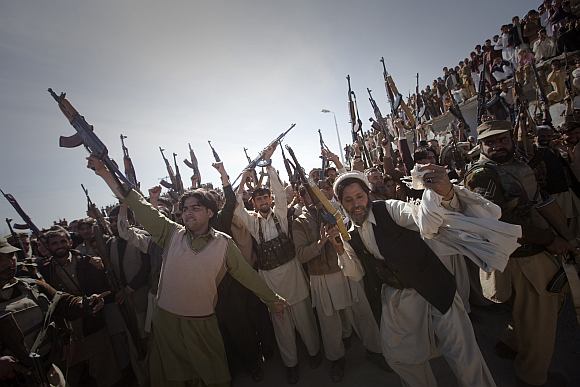
According to one active Taliban commander, who fights under the name Mullah Qaseem, "For a fighter there are two important things -- supplies and a place to hide.
"Pakistan plays a significant role. First they support us by providing a place to hide which is really important. Secondly they provide us with weapons."
Other Taliban fighters describe how they and their fighters were, and are, trained in a network of camps on Pakistani soil.
According to a commander fighting under the name of Mullah Azizullah the experts running the training are either members of the ISI or have close links to them.
"They are all the ISI's men. They are the ones who run the training. First they train us about bombs; then they give us practical guidance. They are present during the training."
Another Taliban fighter, known as Commander Najib, said al-Qaeda trainers also operated in the camps, talent-spotting possible suicide bombers.
...
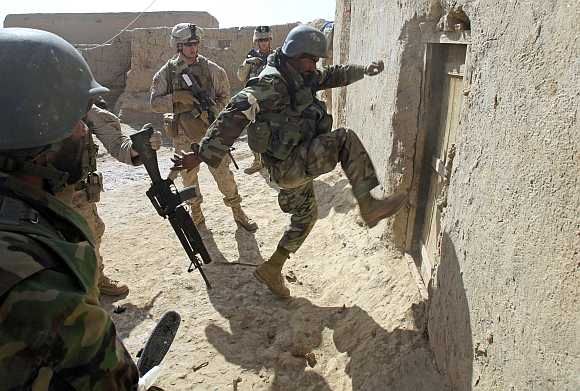
"I was in the camp for a month... They were giving us practical training in whatever weapons we specialised in... suicide bombers were taken to a different section and were kept apart from us. Those who were taught to be suicide bombers were there..."
According to Richard Kemp, Head of Intelligence, Cabinet Office 2001-2006 in London, "It was quite clear to us that the Pakistanis were playing very much a double game and a lot of what they were saying and some of what they were doing was, was very clearly aimed at the, the eyes of the West and didn't necessarily reflect their real intentions and their real actions.
"Over a number of years I'd been monitoring international terrorist activity not just in the United Kingdom, but around the globe and I'd seen in virtually every case links back to Pakistan so it didn't come in any way as a surprise to find that terrorists operating the UK were being directed by al-Qaeda leaders in Pakistan."
"The ISI of course... must take responsibility for the fact that some of these camps were still up and running including perhaps the camp that, that was responsible for raining the 7/7 London attackers."